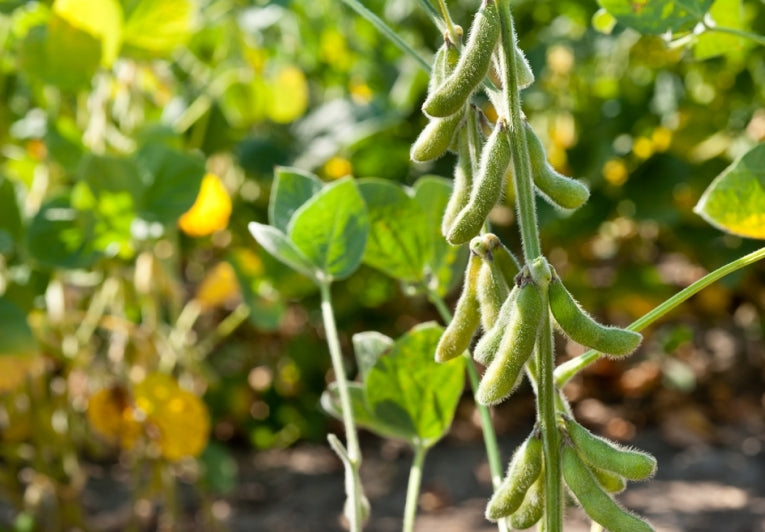We have too much carbon dioxide.
We need more food for an ever increasing population.
Join the two global problems together and the obvious solution is, plants.
The photosynthetic ability to absorb CO2 is exclusive to green plants and experiments have indeed proved they can adapt to take in more.
When we realise that 93% of crops can absorb greater levels of CO2, it seems an obvious solution. With a rapid development of new crops and conceivably, genetic modification, the 21st century may not end in a myriad of disastrous new problems.
Biofuels are being produced more and more from crops, reducing the area available for food production. While the carbon dioxide has potential in this scenario, it is now accepted as causing most of the global warming that destroys large areas' abilities to grow traditional crops. The green revolution affected many countries such as India with massively successful crop improvement.
Now we face 2 billion more people by 2050, so what can we do? Certainly we can re-think biofuels and investigate varieties of crops to see if they absorb the gas at different rates. Rice is the most investigated, with cowpea (Vigna unguiculata), common bean (Phaseolus vulgaris), wheat (Triticum aestivum) and soybean (Glycine max) all now being studied. A novel solution is areas where carbon dioxide is naturally high (eg low-lying valleys and plains.)

Photosynthesis explanation; Credit: © Shutterstock
Two species at least have proved that elevated levels of the gas produce varieties that utilise the extra carbohydrate from CO2 to increase their biomass by 0.28% for every 1.0 μmol/mol increase in CO2. With this evidence, it seems likely that more crops could be produced to help food shortages, but we need more research. Rice and wheat are the obvious candidates for improvement, but these authors add cassava potatoes, and sweet potatoes, given a greater research effort on them.
A world-wide team, led by Lewis H. Ziska, they can be praised for their enthusiasm to come together from many different disciplines in order to "propagate" this new growth in the industry of agricultural adaptation. They publish their paper, Food Security and Climate Change: On the potential to adapt global crop production by active selection to rising atmospheric carbon dioxide, today in the Proceedings of the Royal Society B: Biological Sciences.










